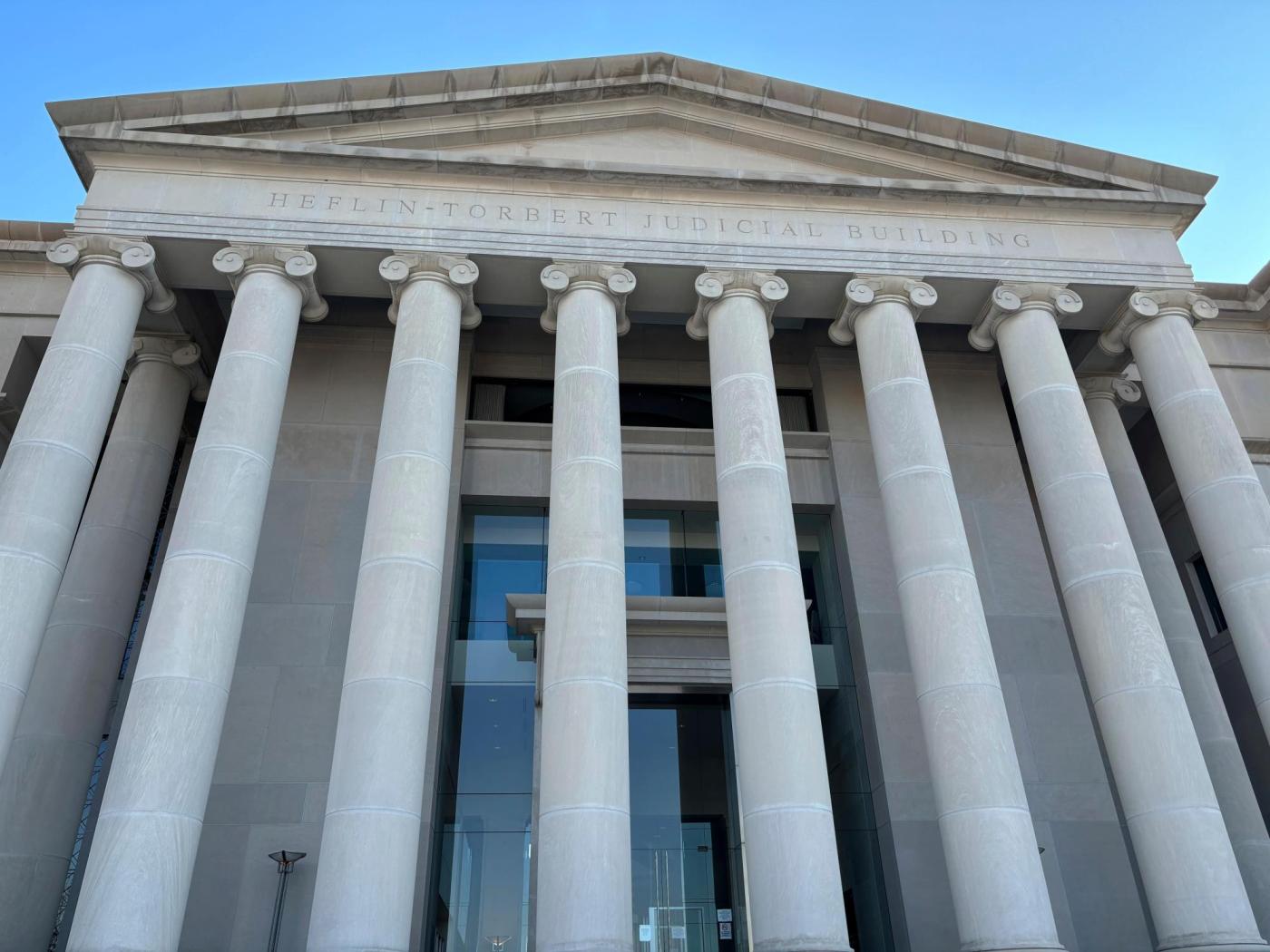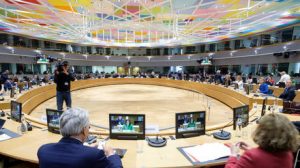
Noah Feldman: Frozen embryos are now children in Alabama
In a stunningly bad decision, the Alabama Supreme Court has held that frozen embryos in a lab count as children for the purposes of the state’s wrongful death law. It would take some time to enumerate everything that’s wrong with the holding.
To name just a few of the most obvious problems, it’s an exercise in judicial activism; it ignores the original meaning of the 1872 statute in question (which obviously didn’t anticipate modern reproductive technology); it’s disastrous for IVF in the state; and it’s a stunning indication of the crazy things that are already happening in state courts since the U.S. Supreme Court’s Dobbs v. Jackson decision, which reversed Roe v. Wade.
But in the Alabama case, LePage v. Center for Reproductive Medicine, one concurring opinion stands out as especially shocking, even compared to the holding itself. That concurrence, by elected Alabama Chief Justice Tom Parker, argued that Alabama law must be interpreted in light of Christian theology. He cites not only the Bible, but the 13th-century friar Thomas Aquinas and several 16th- and 17th-century Protestant theologians.
In my 30 years studying the constitutional relationship between church and state, I can’t recall any legal opinion that more expressly relies on Christian theology to interpret American law.
Parker’s concurrence would likely not exist without the U.S. Supreme Court’s decision in the 2022 case of Kennedy v. Bremerton. That ruling overturned decades of precedent guiding lower courts on how to interpret the establishment clause of the Constitution (“Congress shall make no law respecting an establishment of religion”). The core idea was that government and religion exist in two distinct spheres — the basis for separation of church and state.
Bremerton was as revolutionary for its own area of law as Dobbs was for reproductive rights. As far as Parker is concerned, he can now decide cases on the assumption that Alabama is a Christian state, more or less the way Iran is an Islamic Republic.
Parker’s opinion started with the observation that the case about the frozen embryos was about “unborn life.” From this he went on to examine Alabama’s 2022 constitutional provision. That provision, Article I section 36.06, says that “it is the public policy of this state to recognize and support the sanctity of unborn life and the rights of unborn children, including the right to life.”
Parker acknowledged that the Alabama Constitution does not define the phrase “sanctity of unborn life,” so he set out to interpret it in light of the provision’s “original public meaning” — or so he claimed. His interpretation began with a dictionary definition, a practice that was once considered out of place in legal analysis but has come to be so pervasive in statutory and constitutional interpretation that it’s almost automatic. Parker looked up “sanctity” in Merriam-Webster’s and saw that it was defined using words like “holiness,” “godliness” and “inviolability.”
Parker paused briefly to acknowledge that some advocates of the sanctity of life “have attempted to articulate the principle in purely secular philosophical grounds.” One of the authors he mentioned is Supreme Court Justice Neil Gorsuch, who in a book that grew out of his doctoral dissertation at Oxford, argued that human life is inherently valuable because of the “secular moral theory” that life is a basic good.
In the old days before Gorsuch wrote the Kennedy v. Bremerton opinion, it wasn’t uncommon for conservative legal thinkers to offer secular rationales for points of view that were also held by many on the basis of religious faith. Indeed, Gorsuch’s dissertation advisor, the natural-law theorist John Finnis, was committed to this project.
Now, however, Parker indicated, things are different. The people of Alabama, he declared, “chose the term ‘sanctity,’ with all of its connotations” — specifically the religious ones. The “people of Alabama,” according to Parker, had adopted “the theologically based view of the sanctity of life.”
With this stunning pronouncement, Parker was off to the races. He block-quoted three paragraphs from the 17th-century Dutch reformed theologian Petrus van Mastricht explaining that God created man “so that he might as it were contemplate and delight himself in man, as in a copy of himself, or a most highly polished mirror.” Or perhaps so that God could “propagate himself as it were in man;” or to be worshipped by humans made in his image; or for God to have a “friend” with whom to “converse” for eternity.
This passage led Parker back to Thomas Aquinas on humanity’s “natural aptitude for understanding and loving God,” itself an imitation of God’s love and understanding of himself. From there, Parker went on to John Calvin who explains the biblical prohibition on murder by saying that “God deems himself violated” when one human kills another. Thus, Parker emphasized in Calvin’s text, “no one can be injurious to his brother without wounding God himself.”
There’s more, but you get the picture. The chief justice of Alabama, unfettered by the Constitution’s establishment clause — or rather unfettered by its disappearance — now feels free to say that Christianity determines the content of Alabama law. That used to be unconstitutional. Now it’s the new, new thing.
Noah Feldman is a Bloomberg Opinion columnist. A professor of law at Harvard University, he is author, most recently, of “The Broken Constitution: Lincoln, Slavery and the Refounding of America.”
Related Articles
Matthew Yglesias: Will Democrats ever embrace charter schools again?
Other voices: Countering Putin requires concerted action
Trudy Rubin: Vladimir Putin killed Alexei Navalny. It is a stark warning to the West
Zeynep Tufekci: Could Long Covid be the Senate’s bipartisan cause?
Noah Feldman: There’s time for Supreme Court rulings on Trump cases

